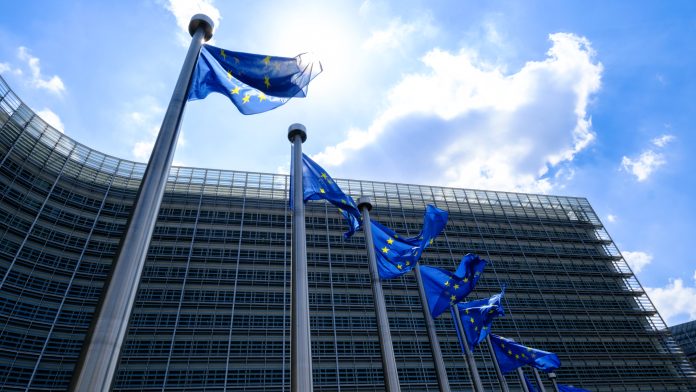
Yesterday, after a prolonged series of hurdles and setbacks, the Stop Killing Games movement had amassed 1.4 million signatures for its European Citizens’ Initiative. If at least a million of those signatures are validated, the European Commission will have to consider the initiative’s goal of requiring game publishers looking to end support for a game to “modify or patch the game so that it can run on customer systems with no further support from the company being necessary.”
Today, the movement has already met another attempted roadblock.
The industry filed false claims against the “Stop Killing Games” initiative – YouTube 
In a YouTube video published this morning, Stop Killing Games founder Ross Scott said that the European Citizens’ Initiative petition is now facing an anonymous complaint filed with the EU. The complaint accuses the initiative of “systemic concealment of major contribution,” violating EU stipulations requiring citizens to report any sponsor contributions over €500.
If the initiative failed to disclose any such funding, that would be bad! However, the complaint argues that the initiative didn’t receive any monetary contribution; rather, it claims Scott simply volunteered too much of his own time to promote the movement, which—if you’ve decided words no longer mean anything—is basically the same thing.
The complaint cites PC Gamer’s interview with Scott from June, in which he said “there have been many weeks on the campaign where I’ve been working 12 to 14 hours a day to keep things moving to get signatures.” That promotional work, the complaint argues, amounts to “€63,000-147,000 in professional contribution” if he’d charged a “market rate” of “€50-75/hour.”

The complaint’s logic is, if you’ll allow the phrasing, some goof-troop nonsense. If it weren’t, I would be suing Viz Media for unpaid promotional wages after all the hours I’ve forced my partner to listen to me talk about Hunter x Hunter.
It’s also not how the EU’s disclosure requirements work. As Scott notes in the video, the EU’s citizens’ initiative rules say that “individuals providing non-financial support, such as volunteering, are not considered sponsors under the ECI Regulation and do not need to be reported.”
Scott said that, because he’s a US citizen, the initiative’s organizers had “literally asked EU representatives if it was okay for me to assist them in the capacity I have been in Spring of 2024, just to make sure everything was above board.” The organizers, Scott said, were told it was fine.
“It’s not paranoia if they really are out to get you,” Scott said.
The complaint isn’t the first resistance the petition has encountered, and it likely won’t be the last. Earlier this month, game publishing trade association Video Games Europe said the initiative’s proposals “would curtail developer choice by making these video games prohibitively expensive to create.” If the petition heads to the Commission after its petition deadline on July 31, we can expect to see even more exciting rhetorical maneuvers.
